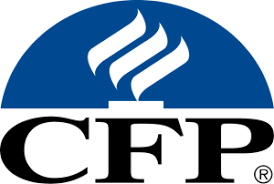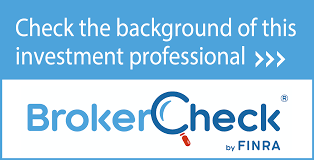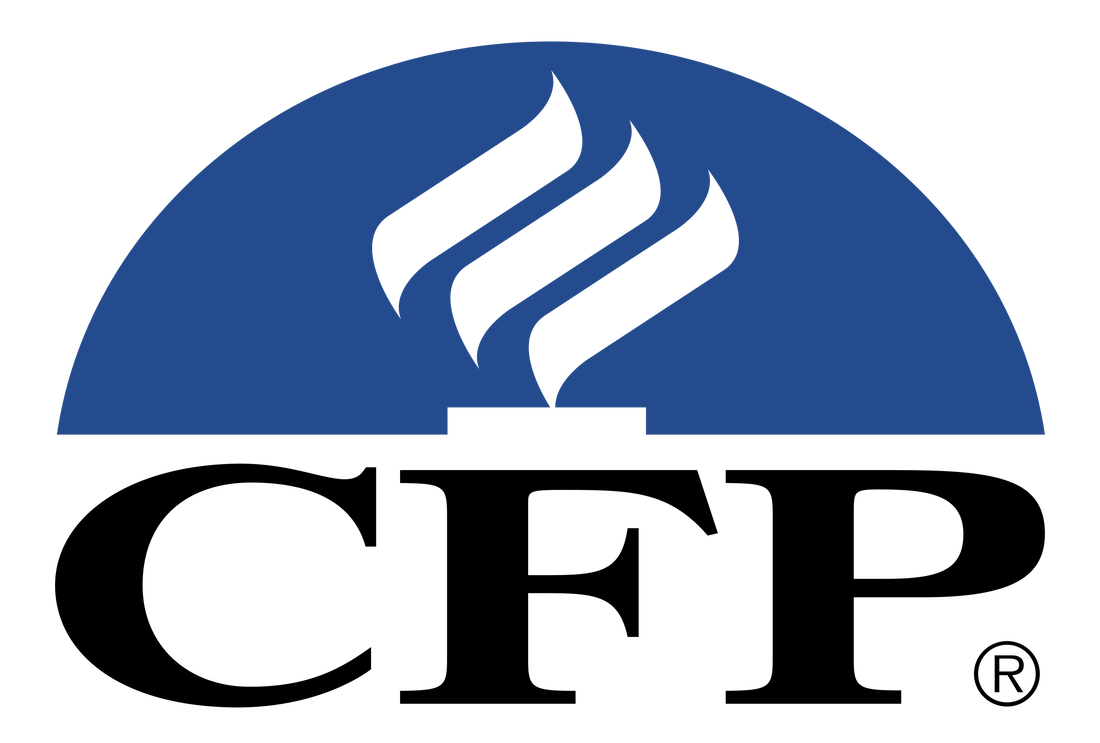For our first blog entry we chose to hit on a point that is near and dear to the core of the iScott.net philosophy: “We live in the information age, not the knowledge age.”
So many people mistake information for knowledge and we are tricked into thinking that an abundance of information will lead us directly to knowledge. This is just not so and may indeed be inversely related. In other words, additional loads of information may be taking away from our total knowledge base (i.e. too much new information overloads our ability to process the information we already have).
As an example, a person may have a question about which retirement plan is best for them. One can go to the Internet and sift though volumes of articles, links and PDF’s trying to find the answer. All of the information one could ever want or need is right there and it’s almost always for free. The problem is: What will they do with any or all of that information? Did they get to all of it? Did they miss anything? Are they any smarter afterward? One may say something like, “This is just too much information.”
The purpose of this debut blog is to make the point that information alone does not make anyone any smarter or able to manage finances any better. It’s the knowledge that can come from an information processing model that can make people smarter and able to manage finances better.
We sometimes hear some folks say something like this, “You know I should tell you that I happen to keep myself very well informed about financial matters.”
Being “well informed” is over-rated. Today we have access to almost any piece of information and through the use of technology we can find almost anything we want on the internet. That alone doesn’t make us any smarter or capable as human beings. I think everyone can agree that it is a great use of time to find ways to make all of us smarter and more capable .This is the cornerstone of our mission statement at iScott.net “To help make individuals smarter investors and more capable at handling the most important financial decisions of their lives.”
Taking the above example of the person who stays well informed, I would ask what kind of competitive advantage that person can have by keeping well informed? Assuming everyone has access to the Internet and can find Google, doesn’t everyone have the same access to information? Doesn’t that information cost $0.00? Isn’t the information we search for on the Internet free? If it’s free then can it (like the definition of free) be described as costing nothing? The biggest gap, in our view, between information and knowledge is the “experience gap”. In other word, we won’t “know” until we “do.”
Remember, we’re living in the information age, not the knowledge age.
D. Scott Bloom, CFP®
So many people mistake information for knowledge and we are tricked into thinking that an abundance of information will lead us directly to knowledge. This is just not so and may indeed be inversely related. In other words, additional loads of information may be taking away from our total knowledge base (i.e. too much new information overloads our ability to process the information we already have).
As an example, a person may have a question about which retirement plan is best for them. One can go to the Internet and sift though volumes of articles, links and PDF’s trying to find the answer. All of the information one could ever want or need is right there and it’s almost always for free. The problem is: What will they do with any or all of that information? Did they get to all of it? Did they miss anything? Are they any smarter afterward? One may say something like, “This is just too much information.”
The purpose of this debut blog is to make the point that information alone does not make anyone any smarter or able to manage finances any better. It’s the knowledge that can come from an information processing model that can make people smarter and able to manage finances better.
We sometimes hear some folks say something like this, “You know I should tell you that I happen to keep myself very well informed about financial matters.”
Being “well informed” is over-rated. Today we have access to almost any piece of information and through the use of technology we can find almost anything we want on the internet. That alone doesn’t make us any smarter or capable as human beings. I think everyone can agree that it is a great use of time to find ways to make all of us smarter and more capable .This is the cornerstone of our mission statement at iScott.net “To help make individuals smarter investors and more capable at handling the most important financial decisions of their lives.”
Taking the above example of the person who stays well informed, I would ask what kind of competitive advantage that person can have by keeping well informed? Assuming everyone has access to the Internet and can find Google, doesn’t everyone have the same access to information? Doesn’t that information cost $0.00? Isn’t the information we search for on the Internet free? If it’s free then can it (like the definition of free) be described as costing nothing? The biggest gap, in our view, between information and knowledge is the “experience gap”. In other word, we won’t “know” until we “do.”
Remember, we’re living in the information age, not the knowledge age.
D. Scott Bloom, CFP®



 RSS Feed
RSS Feed

